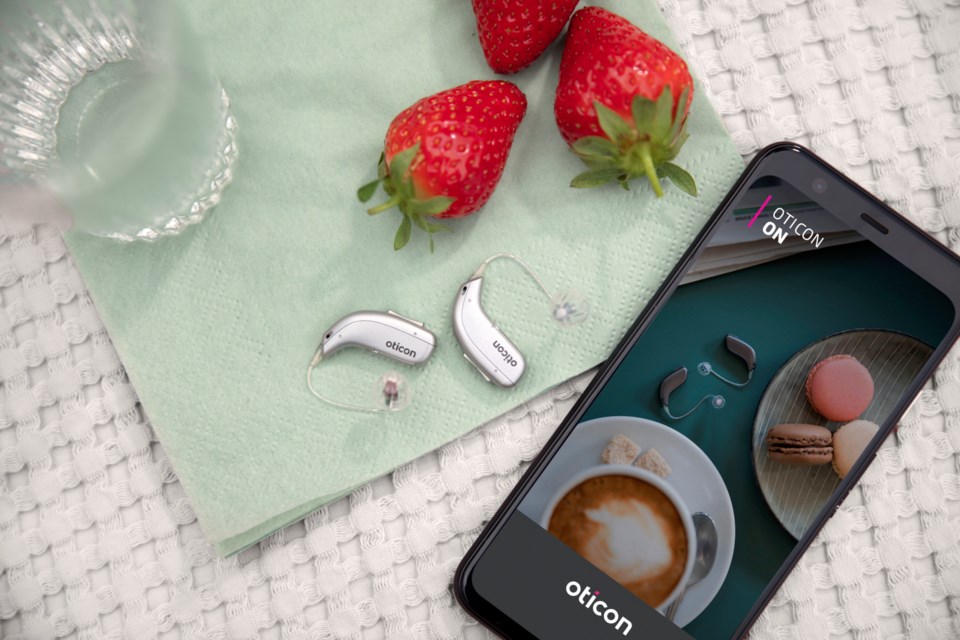Hearing loss can be different for everyone.
One of these reasons hearing loss can be difficult and complicated to address is that the extent of hearing loss can be different from individual to individual, which is why it’s vital to visit a trained hearing professional.
A solution that helps you hear better at home may not work the same way in a noisy restaurant. If you have experience with hearing loss, you may know that just making everything louder isn’t always the best solution.
NexGen Hearing is here to help—with locations throughout B.C., the clinic can help improve your quality of life through professional services that are tailored to your personalized hearing needs.
Hearing aid technology is improving all the time, and there is an exciting new technology that harnesses the power of artificial intelligence (AI) to help hearing aids learn and improve by isolating important environmental sounds.
AI uses data to recognize patterns, which can then be applied to solve problems. With large amounts of data, AI is able to navigate through complex problems involving many variables.
How has AI been used for hearing loss so far, and what potential does it hold to help with hearing loss? Read on to find out.
How AI is currently being used to help with hearing loss
AI is already integrated into our everyday lives, and you may have already experienced it without realizing it. One common use of AI is in speech recognition, which provides automated closed captioning for videos. The ability to read the words being said on the screen is a valuable service for those with hearing loss.
AI is also being used by some audiologists to assist in fitting hearing aids. Software with AI functions can provide suggestions to tune the hearing aid correctly as the audiologist plays sounds.
AI is now increasingly being used in more sophisticated hearing aids to provide a greater impact on correcting hearing loss. For example, an AI-powered hearing aid could have established modes for different environments, such as being out in a crowded place, at home, or watching a movie. The hearing aid would be able to adjust its frequencies depending on where the wearer was to optimize that person’s ability to hear.
Newer hearing aids that are powered with AI can sense the ambient sound in the environment and automatically make changes as needed. Those hearing aids can automatically lower background noise while boosting speech, increasing the volume to improve hearing.
Future uses of AI in hearing loss
Exciting AI technology is helping to propel advancements in hearing loss, working to mimic how the brain hears sounds. Hearing aids that use AI will automatically adjust to best fit a user’s individual needs.
AI is constantly learning, scanning the sounds in your environment and adapting to what is crucial for hearing. Hearing aids outfitted with AI technology could even start to identify voices that are important to the wearer and emphasize those, while filtering out others.
More advanced future uses of AI may include enhancing what has traditionally been one of the more challenging situations for people with hearing loss, including focusing on conversation between multiple people in a noisy setting. AI could track the conversation and prioritize the changing primary voice of the conversation by tracking the brain’s neural activity.
Another exciting future possibility for AI technology applied to hearing loss could include augmented reality glasses, which provide information to the wearer. The glasses could provide automated captions of speech for the wearer to help them better understand the speaker.
The future of AI technology is full of bright possibilities and is making steady progress.
To visit a trained practitioner, such as the professionals at NexGen Hearing, and get a hearing aid expertly adjusted to your individual hearing needs visit nexgenhearing.com.



